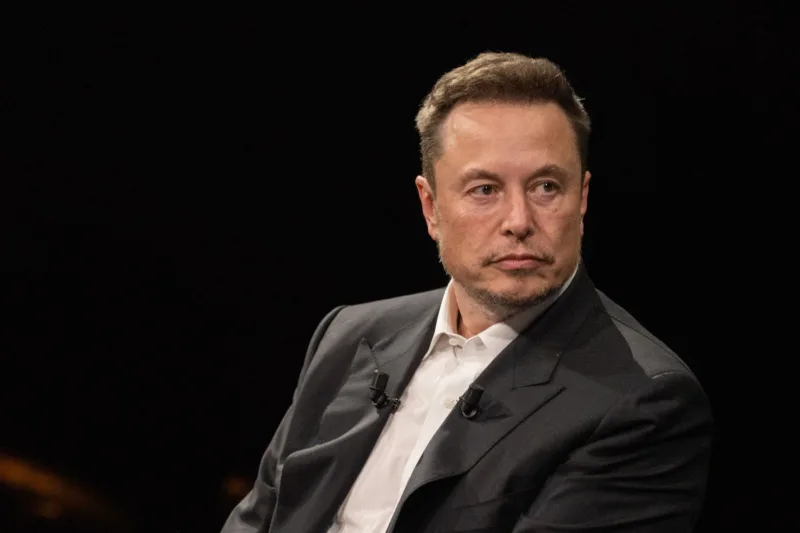Elon Musk has initiated a lawsuit against OpenAI, the organization he co-founded in 2015. Musk, a prominent figure in the tech industry known for his ventures such as SpaceX and Tesla, alleges that OpenAI has strayed from its original mission as a non-profit entity dedicated to advancing AI for the benefit of humanity.
The lawsuit, filed in a San Francisco court, marks a significant development in the ongoing debate surrounding the ethical and commercial implications of artificial intelligence. Musk’s complaint accuses OpenAI of violating its founding agreement by transforming into a closed-source subsidiary of Microsoft, a move that Musk contends undermines the organization’s core principles and objectives.
OpenAI, originally conceived as a safeguard against the competitive threat posed by tech giants like Google, has undergone a notable evolution since its inception. Musk’s departure from the organization’s board in 2018 signaled a shift in its trajectory, leading to mounting concerns among stakeholders about the direction of OpenAI’s development.
Central to Musk’s legal challenge is the contention that OpenAI’s transition to a commercial entity contradicts its founding ethos and jeopardizes the integrity of its research. As a significant donor to the organization, having contributed over $44 million between 2016 and September 2020, Musk seeks to hold OpenAI accountable for its deviation from its non-profit roots.
The crux of the lawsuit revolves around OpenAI’s decision to commercialize technologies developed under its non-profit umbrella, particularly AI systems like GPT-4. Musk argues that such actions not only betray the organization’s original mission but also prioritize the interests of executives and partners, such as Microsoft, over the broader goals of advancing AI for the public good.
Furthermore, Musk’s legal team is petitioning the court to classify AI systems like GPT-4 as Artificial General Intelligence (AGI), a designation that carries significant implications for the regulation and oversight of such technologies. By advocating for increased scrutiny and transparency surrounding AI development, Musk aims to ensure that OpenAI’s activities are aligned with ethical standards and societal interests.
The lawsuit underscores the complex ethical and legal considerations surrounding the rapidly evolving field of artificial intelligence. As AI continues to permeate various aspects of society, questions about accountability, governance, and the equitable distribution of benefits and risks have come to the forefront of public discourse.
In response to Musk’s allegations, OpenAI has issued a statement reaffirming its commitment to ethical AI research and development. The organization contends that its partnership with Microsoft has enabled it to accelerate progress in AI while adhering to rigorous ethical standards and principles of transparency.
Nevertheless, the lawsuit raises fundamental questions about the role of non-profit organizations in shaping the future of AI and the extent to which commercial interests may influence research agendas and priorities. As the legal proceedings unfold, stakeholders across the tech industry and beyond will closely monitor the outcome, mindful of the broader implications for the ethical governance of AI.















![[VIDEO] Wike Declares to Run for President in 2023 8 Minister Nyesom Wike Assures Timely Completion of FCT Projects Nyesom Wike Approves N280.3 Million Scholarships for Underprivileged Students in FCT wike atiku pdp tambuwal declares for president 2023Report Ranks Rivers State Best in 2021 Fiscal Performance budgit tinubu visit france](https://reportafrique.com/wp-content/uploads/2021/09/Wike-260x195.jpg)
